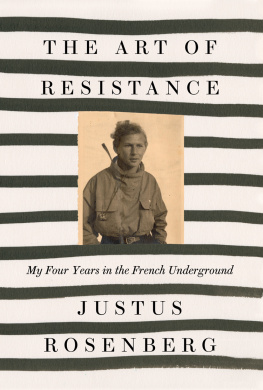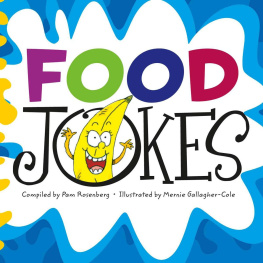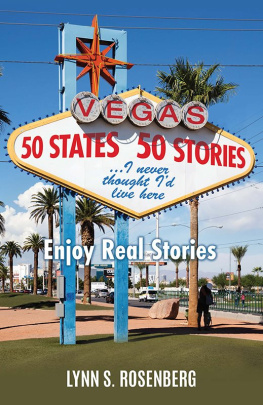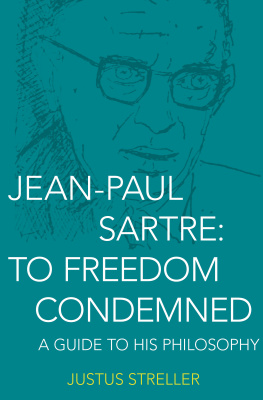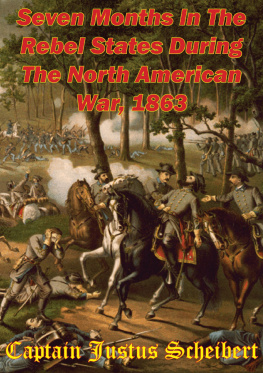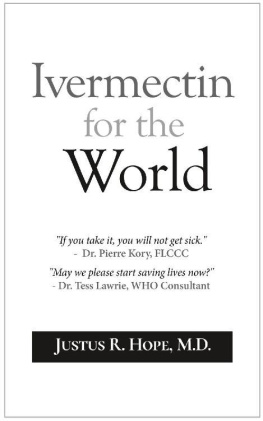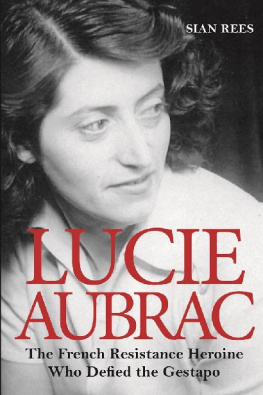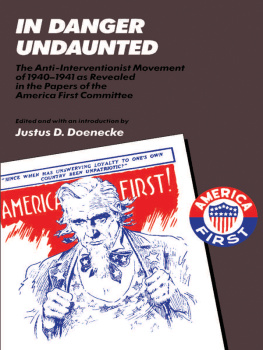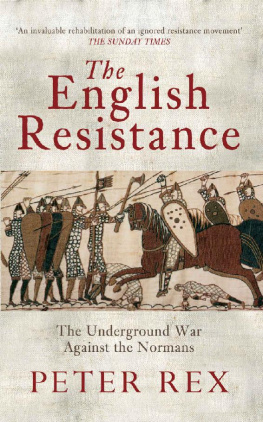CONTENTS
Contents
Guide
THE ART OF RESISTANCE

My Four Years in the French Underground
A MEMOIR

Justus Rosenberg

Parfois lhazard fait bien les choses.
Sometimes chance itself occasions good fortune.
Justus Rosenberg was born in Danzig (present-day Gdask, Poland), in 1921. Graduating from the Sorbonne, in Paris, he worked with the French Resistance for four years and then served in the United States Army. For his wartime service, Rosenberg received a Bronze Star and a Purple Heart. For the last seventy years, he has taught at American universities; he is professor emeritus of languages and literature at Bard College, where he has been on faculty for fifty years. He is the co-founder of the Justus & Karin Rosenberg Foundation, which works to combat anti-Semitism. In 2017 the French ambassador to the United States personally made Rosenberg a Commandeur in the Lgion dHonneur, among Frances highest decorations, for his heroism during World War II. He lives with his wife in New Yorks Hudson Valley.
William Collins
An imprint of HarperCollinsPublishers
1 London Bridge Street
London SE1 9GF
WilliamCollinsBooks.com
This eBook first published in Great Britain by William Collins in 2020
Copyright Justus Rosenberg 2020
Cover image courtesy of the author
Justus Rosenberg asserts the moral right to be identified as the author of this work
A catalogue record for this book is available from the British Library
All rights reserved under International and Pan-American Copyright Conventions. By payment of the required fees, you have been granted the non-exclusive, non-transferable right to access and read the text of this e-book on-screen. No part of this text may be reproduced, transmitted, down-loaded, decompiled, reverse engineered, or stored in or introduced into any information storage and retrieval system, in any form or by any means, whether electronic or mechanical, now known or hereinafter invented, without the express written permission of HarperCollins
Source ISBN: 9780008306014
Ebook Edition February 2020 ISBN: 9780008306038
Version: 2019-12-23

Australia
HarperCollins Publishers Australia Pty. Ltd.
Level 13, 201 Elizabeth Street
Sydney, NSW 2000, Australia
www.harpercollins.com.au
Canada
HarperCollins Canada
Bay Adelaide Centre, East Tower
22 Adelaide Street West, 41st Floor
Toronto, Ontario M5H 4E3, Canada
www.harpercollins.ca
India
HarperCollins India
A 75, Sector 57
Noida, Uttar Pradesh 201 301, India
www.harpercollins.co.in
New Zealand
HarperCollins Publishers New Zealand
Unit D1, 63 Apollo Drive
Rosedale 0632
Auckland, New Zealand
www.harpercollins.co.nz
United Kingdom
HarperCollins Publishers Ltd.
1 London Bridge Street
London SE1 9GF, UK
www.harpercollins.co.uk
United States
HarperCollins Publishers Inc.
195 Broadway
New York, NY 10007
www.harpercollins.com
A S I WRITE this memoir, I am almost one hundred years oldninety-eight to be exact. The first two years of my life are the hardest to remember. Whenever I try, I hear my parents voices, see the contours of their faces, feel the softness of my crib. Everything else I know of my first years I picked up from stories my parents told friends and relatives about their smart sons first steps and words.
The only objective evidence of my early existence are two photos of an infant sitting on a bear rug, and a birth certificate issued by the Danzig registration office stating that on January 23, 1921, a boy named Justus Rosenberg was born to nineteen-year-old Bluma Solarski, wife of businessman Jacob Rosenberg, age twenty-three, both of the Mosaic faith, as Jewish people were commonly referred to at that time.
Unless you are a stamp collector or interested in the two world wars and the period between them, youve probably never heard of Danzig, a seaport on the Baltic, for generations a bone of contention between Germans and Poles. At the Versailles peace conference after World War I, to reward the Poles for having supported the Allies, the League of Nations decided to grant Poland the independence it had lost in 1796, when it was partitioned between Prussia, Russia, and the Austro-Hungarian Empire. Per the Treaty of Versailles, Danzig was to be part of Poland, even though 75 percent of its population was ethnically and culturally German.
Then, to the dissatisfaction of both the Poles and the Germans, on November 15, 1920, the League of Nations declared the disputed territory to be a semiautonomous city-state with its own flag, national anthem, currency, and a constitution patterned after the Weimar Republic. It was to be called the Free City of Danzig and to consist of the seaport itself and some two hundred towns and villages in the surrounding area. The League appointed a neutral high commissioner to the infant parliamentary democracy to ensure that the rights of the 20 percent of the population who were Poles and 5 percent who were Jews would be respected. As the name suggested, the Free City had no entrance restrictions. Between 1920 and 1925, in the midst of continuing European political unrest, ninety thousand Jews from Poland and Russia passed through Danzig en route to Canada and the United States. Another six thousand, satisfied with the city-states parliamentary democracy and liberal economic policies, or who identified with German culture, chose to remain. My parents, who had no intention of emigrating to America, were among these.
They had come from Mlawa, a Polish shtetl only a few miles from East Prussia, so they spoke German fluently and were familiar with German literature and music. Like most young people of their generation they knew hardly anything of Yiddish culture besides the language itself. My mother, the daughter of a tailor, and my father, born into one of the wealthiest and most learned Jewish families in Mlawa, fell in love when they were very young, and my father had just begun to work in his fathers business. Marriage was out of the question because they belonged to different social classes, so they elopedto Danzigand sought to become assimilated into German culture as quickly as possible. Immediately after my birthwhich came not long after their elopementthey hired a nanny named Grete, who taught me traditional German childrens ditties, German fairy tales, and the rhymed verses of Struwwelpeter

